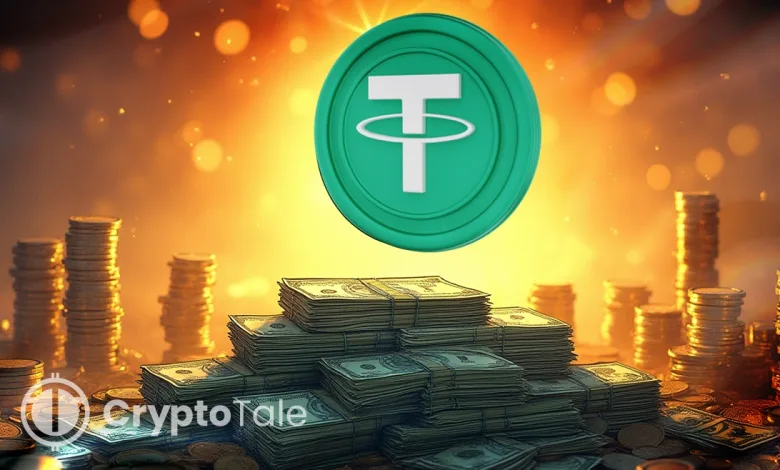Russian Court Review Set to Define Stablecoin Property Status

- Russia’s top court reviews whether USDT deserves property protection under the current law.
- Officials argue stablecoins hold no DFA position under the national legal framework.
- The case may guide future rights for digital coins held by citizens across Russia.
Russia’s Constitutional Court is preparing a ruling that could determine if citizens hold full property rights over stablecoins such as USDT. The case stems from a dispute involving a 1,000 USDT loan and now raises questions about how courts should treat foreign-issued stablecoins under Russian law. The verdict may also define the future of digital-asset rights as lawmakers tighten rules around unregulated crypto activity nationwide. This raises a central question: Will Russia recognize USDT as property with enforceable ownership rights?
A Legal Dispute Moves Toward a National Decision
The case began when Dmitry Timchenko lent 1,000 USDT to a borrower in 2023. The borrower then refused to return the coins, prompting Timchenko to file a complaint with the Savelovsky District Court. That court rejected the claim because Russian Digital Financial Assets (DFA) rules do not cover foreign stablecoins.
Timchenko appealed to a higher court. Judges supported the first ruling. He moved to the Supreme Court, which also maintained the original verdict. Each court stated that USDT does not fall under the 2021 digital financial asset framework.
Timchenko then submitted the case to the Constitutional Court. His lawyers argued that the lower courts restricted property rights in a way not applied to other asset classes. His team told the court that “no other type of property is subject to such restrictions in Russia.”
Previous rulings in criminal cases have recognized intangible digital assets such as Bitcoin and Ethereum as property. Timchenko’s representatives used these examples to support their claim. They said the difference between criminal and civil rulings resulted in unequal legal treatment.
Officials Describe Stablecoins as Monetary Surrogates
During the Constitutional Court hearing, senior officials delivered detailed testimony. Central Bank Deputy Chairman Alexey Guznov told the court that fiat-pegged stablecoins are “a monetary surrogate.” He also said they are not digital financial assets under the current law.
According to reports, experts told the court that stablecoins do not fall under the regulations that govern digital-currency circulation. DFAs have a clear definition in Russia. They relate to tokenized forms of securities, capital-participation rights, or monetary claims.
The Central Bank also explained on its website that DFAs represent specific digital rights. These include rights linked to securities or claims tied to corporate participation. Still, the law does not address overseas stablecoins such as USDT.
Related: Russia Set to Legalize Crypto for Global Trade Deals
A Rapidly Growing Stablecoin Market Adds Pressure
The case arrives during a period of strong stablecoin expansion worldwide. DefiLlama data recorded a market value of $303 billion in 2025. The figure reflects growth of nearly 50% since the previous year.
US Treasury Secretary Scott Bessent recently projected that the global stablecoin market could reach $3 trillion by 2030. This rapid growth gives the court’s decision additional weight. It may influence how Russian institutions respond to the increasing use of stablecoin.
According to analysts, if stablecoins are not allowed legal protection, people will be more inclined to use them for regular payments. Moreover, they are cautioning that users might be put at risk if the issuer decides to freeze assets without any prior notice. This concern is especially significant considering the limited access of Russia to the global financial systems.
The Russian legislators have already set their sights on proposing stricter controls over unregulated crypto operations. The court’s decision may well be a factor in these measures and also in determining whether stablecoins will be recognized as property in the first place.




